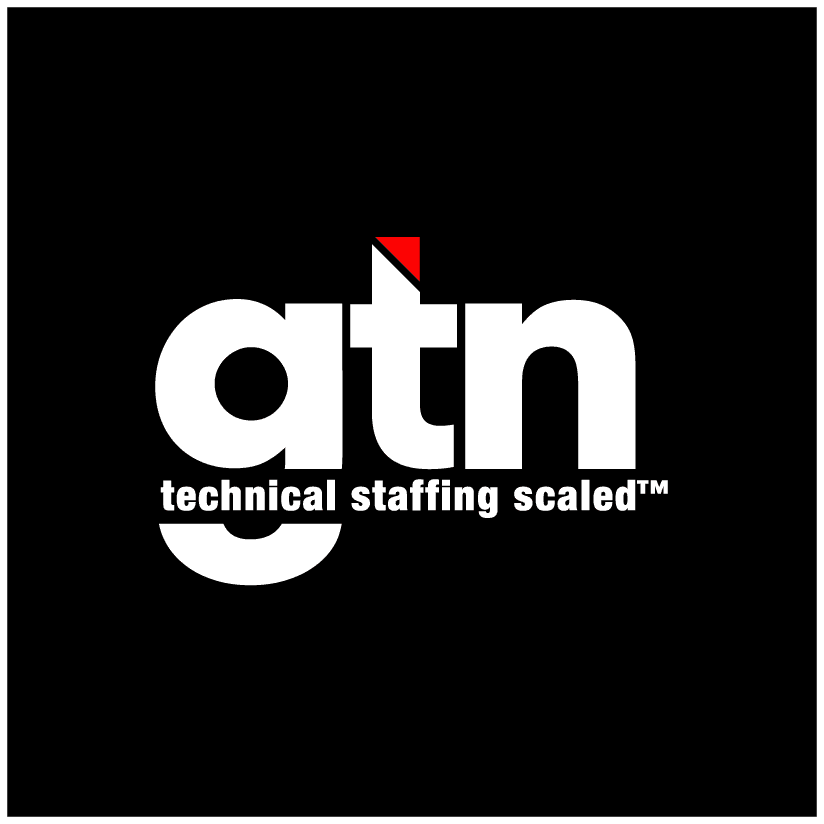Updated: May 22, 2023 | First Posted: March 19, 2019
Table of Contents:
- Be Wary of Putting All Your IT Eggs In One Basket
- What You’ll Learn in This Post
- The Clear Winner in Versatility vs Specialization: Versatility
- Versatility Means Adaptability
- Versatility Means More Opportunities
- Versatility is More Fun
- How To Make Yourself More Versatile
- Expand Your IT Horizons With GTN Technical Staffing
Be Wary of Putting All Your IT Eggs In One Basket
IT professionals often face a fork in the road at the beginning of their career journey: versatility vs specialization. Should you try to gain knowledge and experience in a broad range of skills and roles, or should you focus all of your efforts and energies on mastering one specific area?
As experts in technical staffing, the answer is pretty clear to us: don’t try to specialize when you’re just beginning your career. You don’t have the experience or ability to do so at this early juncture in your career, and you don’t want to put all of your professional development eggs in one basket, either.
What You’ll Learn in this Post:
- Don’t try to become a specialist when starting your career; you can’t and shouldn’t.
- Limiting yourself to only one small set of skills and knowledge will limit your current and future opportunities and make you less attractive to employers looking for people who can fill multiple roles.
- Instead, be a generalist. Learn new skills and immerse yourself in other tech fields. Doing so will expand your network, make you more adaptable in times of change, open up more opportunities, and make your career more fun and rewarding.
 Consider this scenario when considering versatility vs specialization: you have become your company’s or department’s SQL guru. Everybody knows that you are the go-to person for anything SQL-related. One day, your manager walks up to you and says, “I’ve just come back from meeting with an IT staffing recruiting agency. We’ve hired four new programmers for your department, and we need you to get them up to speed. Prepare a seminar and create a PowerPoint presentation for them sometime in the next two days.”
Consider this scenario when considering versatility vs specialization: you have become your company’s or department’s SQL guru. Everybody knows that you are the go-to person for anything SQL-related. One day, your manager walks up to you and says, “I’ve just come back from meeting with an IT staffing recruiting agency. We’ve hired four new programmers for your department, and we need you to get them up to speed. Prepare a seminar and create a PowerPoint presentation for them sometime in the next two days.”
While you know everything there is to know about SQL, you couldn’t put together a PowerPoint slide to save your life. Your boss, department, and company are all counting on you to step up to the plate and knock it out of the park, and you don’t even know how to hold the bat.
If you had taken even a fraction of your time to learn skills outside of your specialty, you might have been better positioned to hit a home run or at least get on base with your presentation. Instead, your decision to focus on one thing and one thing only left you swinging and missing, disappointing your supervisor and leaving your new hires woefully unprepared.
The Clear Winner in Versatility vs Specialization: Versatility
All generalizations are useless…except for this one: be a generalist.
Of course, you have interests in specific tech skills and jobs, and you can and should commit time and effort to improving and expanding your knowledge and skills in your chosen area. But doing so should not be to the exclusion of everything else that your company – or a future employer – may need from you.
The most successful people in the information technology business are generalists, not only because they can work in multiple areas and fill different roles as needed but because their diversified knowledge allows them to build valuable relationships with others throughout the company and industry. These relationships, and the connections and perspectives you gain from them, can prove invaluable as you progress through your tech career and are one of the many reasons we prefer versatility vs specialization.
Related: How to Respond to Technical Interview Questions: ‘What Would Your Co-Workers Say About You?’
Versatility Means Adaptability
An artist friend of mine once built a to-scale-sized velociraptor in his apartment. He would also make all sorts of (non-kit) models, as befits someone who went to a prestigious university to gain impressive animation skills. He worked illustrating such well-known cartoons as Babar the Elephant, Beetlejuice, Scooby Doo, Droids, Tales from the Crypt Keeper, and more.
Soon after working with an IT staffing recruiting agency, he found work hand-illustrating computer games in the British Virgin Islands for a year. Hired by Disney™, he animated features like Lilo & Stitch, Tarzan, and Mulan.
But soon after, Disney closed their animation studio. My friend then took it upon himself to learn computer graphic animation. After creating all the ships from the new Battlestar Galactica (all five series), he moved on to illustrate some of the most popular games of all time, including Star Wars: The Force Unleashed, a couple of Call of Duty titles, TRON: Evolution, Marvel: Ultimate Alliance, and much more.
If this fantastic artist had confined himself to frame-by-frame hand animation, many of your beloved XBOX1/PS4/PC/Steam games would have been much different, and he might be working somewhere he wasn’t using his passion and talents. Still illustrating your games, he now makes (real) Roman armor and uses his backyard forge to make futuristic/retro ray guns and space weapons.
By choosing versatility vs specialization, my friend could adapt to sudden and unforeseen circumstances in his career, which fueled his ongoing success.

Versatility Means More Opportunities
When all you have is a hammer, everything looks like a nail. But you’ll have nothing much to do when there are no nails. If, on the other hand, you have a whole toolbox at your disposal, you can find an abundance of work waiting for you.
By adding more tools, skills, competencies, and experiences to your tech career toolbox, you expand the number and range of opportunities and positions that are open to you. This becomes especially important when tech industry hiring slows or layoffs become more frequent. During such periods, IT employers will look for people with more versatility vs specialization – those who can be utility players and serve in multiple roles, filling in the gaps left behind when staffing is leaner.
Versatility is More Fun
All work and no play make Jack a dull boy, and one skillset and no others make for a dull career. Broadening your horizons will inherently make your career more interesting, engaging, and stimulating. You’ll meet new and interesting people and collect new experiences that you can take with you no matter where your career takes you.
How To Make Yourself More Versatile
Versatility vs specialization can be as simple as A, B, C. For instance, even if your focus is on Network Security, know what Visual Basic is; be familiar with C, C++, and C#; explore Python and Ruby; or learn how to manage a database system.
You Might Like: 6 Coding Languages in Demand Right Now
 Most colleges offer optional courses to parallel your primary course of study, including topics such as Business Intelligence, Project Management, Graphics, Cultural Sensitivity, Technical Reporting, and Business Mathematics.
Most colleges offer optional courses to parallel your primary course of study, including topics such as Business Intelligence, Project Management, Graphics, Cultural Sensitivity, Technical Reporting, and Business Mathematics.
Unless you broaden your horizons or try to diversify your skills, you risk being passed over by hiring managers, limiting your opportunities for advancement, and being replaced by someone who can make themselves more useful in more ways. If you are a one-trick pony, that trick could get old fast.
Expand Your IT Horizons With GTN Technical Staffing
As you expand your skills and knowledge, GTN Technical Staffing can help expand the number and quality of IT job opportunities available to you.
Contact us today to learn how we can help you get the tech career you want and deserve.






